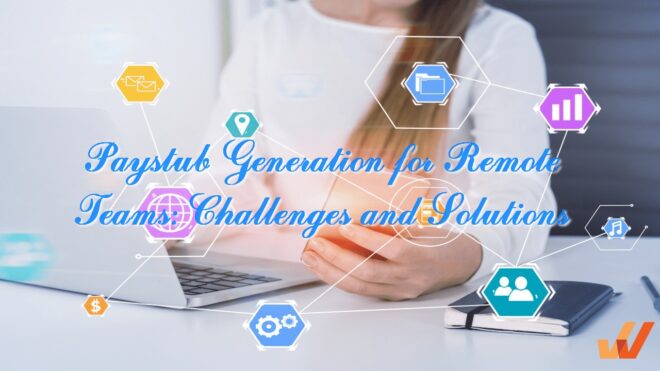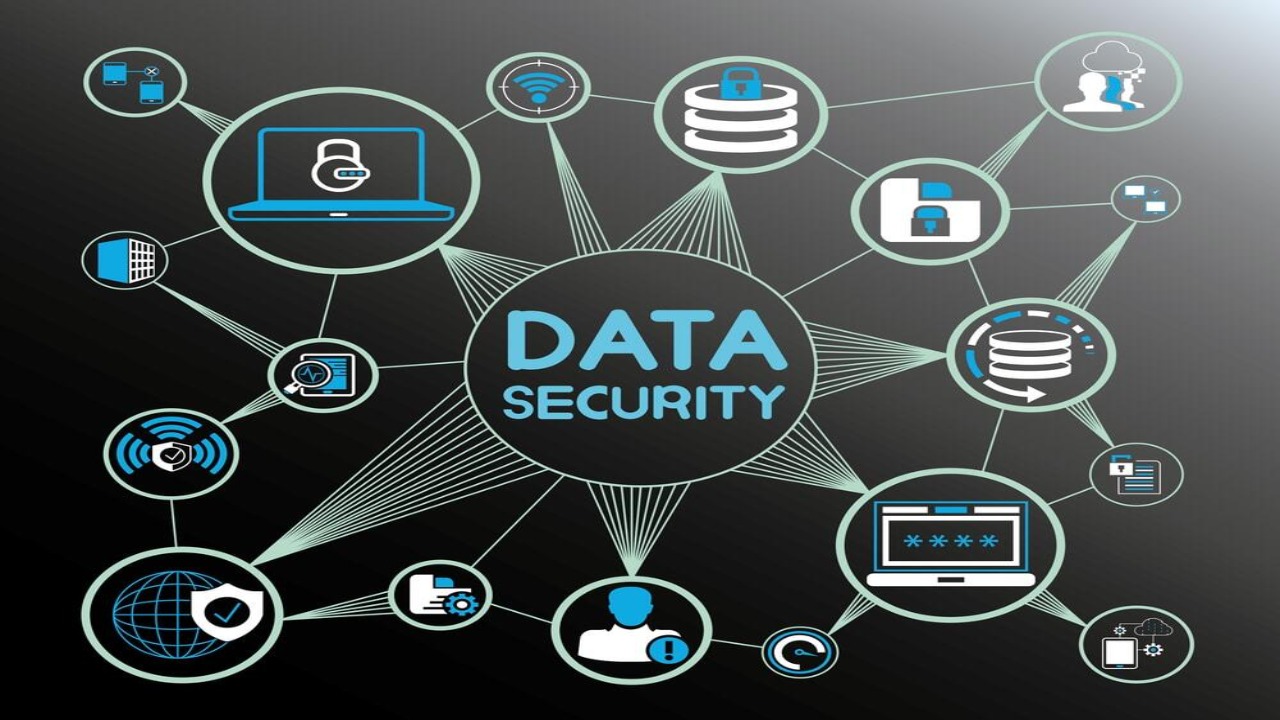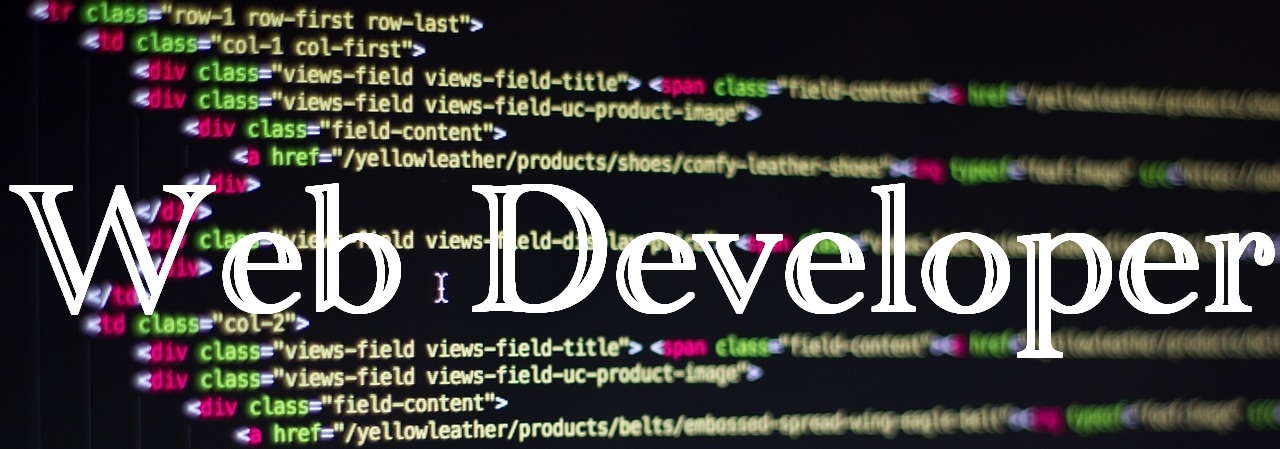
As remote work becomes increasingly prevalent in today’s dynamic business landscape, organizations face new challenges in managing various aspects of their operations. One critical area that demands attention is paystub generation for remote teams. The traditional methods employed for in-office staff may not seamlessly translate to remote work scenarios. This article delves into the challenges associated with paystub generation for remote teams and explores effective solutions to ensure accuracy, compliance, and employee satisfaction. Meanwhile, for a user-friendly paystub creation tool, you can explore options like PayStubCreator to streamline the process for your remote workforce. Click here!
Data Security Concerns

Remote work introduces a heightened level of concern regarding data security, especially when it comes to handling sensitive payroll information. Transmitting paystub details over the internet poses a risk of interception, potentially compromising employees’ confidential information. Companies must adopt robust encryption measures and secure data transmission protocols to mitigate these risks. Implementing virtual private networks (VPNs) and utilizing secure payroll software can help create a protected environment for paystub generation and distribution.
Compliance Across Jurisdictions
With remote teams spread across different geographic locations, navigating the complex web of tax regulations and labor laws becomes a significant challenge. Each region may have unique tax codes, deduction requirements, and legal specifications that must be adhered to when generating paystubs. To address this, organizations can invest in payroll software equipped with multi-jurisdictional compliance features. Such solutions automatically update tax tables based on location, ensuring accurate and compliant paystub generation for every remote employee, regardless of their geographical location.
Integration with Time-Tracking Systems
![]()
Remote work often involves flexible hours, making accurate time tracking a crucial component of paystub generation. Challenges arise when integrating various time-tracking systems with payroll software, leading to discrepancies in hours worked and, consequently, in paystubs. To tackle this issue, organizations should invest in integrated time-tracking and payroll solutions. These systems streamline the entire process, automating the transfer of hours worked directly into the payroll system, minimizing errors, and ensuring that employees are compensated accurately.
Employee Communication and Accessibility
Remote teams demand a shift in communication and accessibility methods, and paystub distribution is no exception. Traditional methods of handing out physical paychecks or using in-office bulletin boards are no longer viable. Companies need to leverage digital communication channels to distribute paystubs promptly. Additionally, ensuring that employees can easily access and understand their pay information is vital for fostering trust. Adopting user-friendly, cloud-based platforms for paystub distribution allows remote workers to access their information securely from anywhere, fostering transparency and reducing the likelihood of payroll-related queries.
Adapting to Evolving Regulations
The regulatory landscape surrounding payroll is subject to continuous change. Remote teams must contend with evolving tax laws, labor regulations, and compliance requirements. Staying abreast of these changes and updating payroll systems accordingly can be a daunting task. To address this challenge, organizations should invest in payroll software that receives regular updates to reflect the latest legal and regulatory changes. This proactive approach ensures that paystubs generated for remote teams remain compliant with the latest laws, mitigating the risk of legal consequences and financial penalties.
Effectively managing paystub generation for remote teams requires a proactive approach that addresses the unique challenges posed by decentralized work environments. By prioritizing data security, ensuring multi-jurisdictional compliance, integrating time-tracking systems, optimizing communication channels, and staying abreast of evolving regulations, organizations can streamline their payroll processes for remote teams. Embracing technology and leveraging innovative solutions will not only enhance the accuracy and efficiency of paystub generation but also contribute to overall employee satisfaction and compliance.
